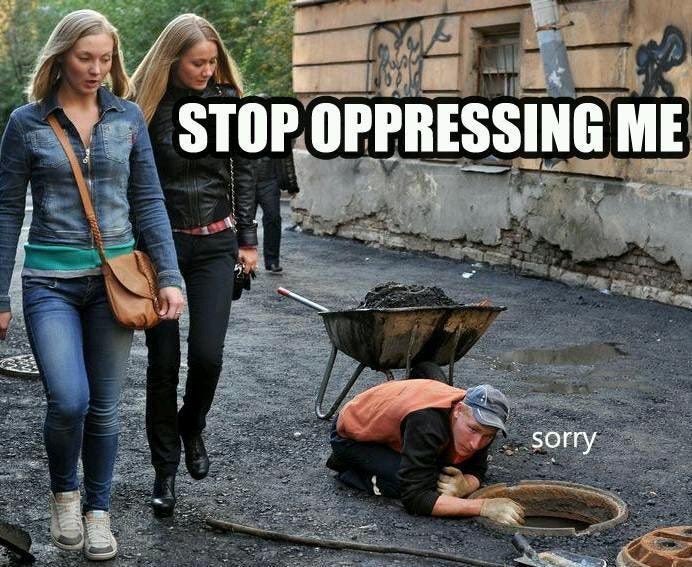There is a serious racial divide in the US on the idea of reparations.
More than 3/4 of blacks think reparations should be paid (to them), but fewer than 1 in 5 whites agree. Given the present demographics on race, i.e., that blacks are about 13% of the American population while whites are (with some variation depending on how you count) above 60%, you…


